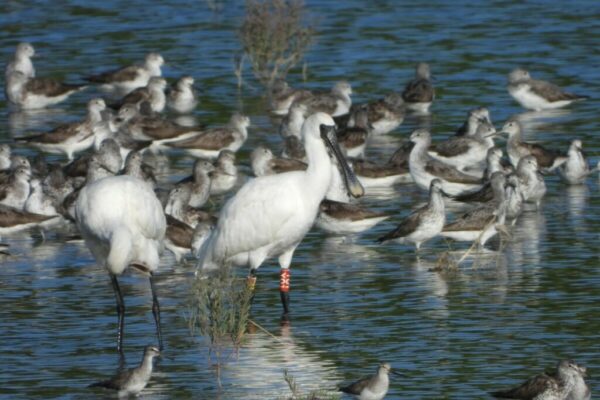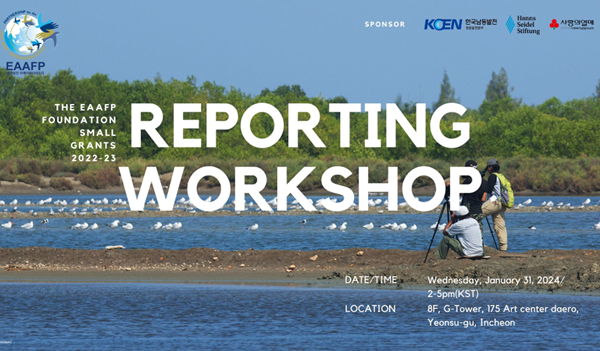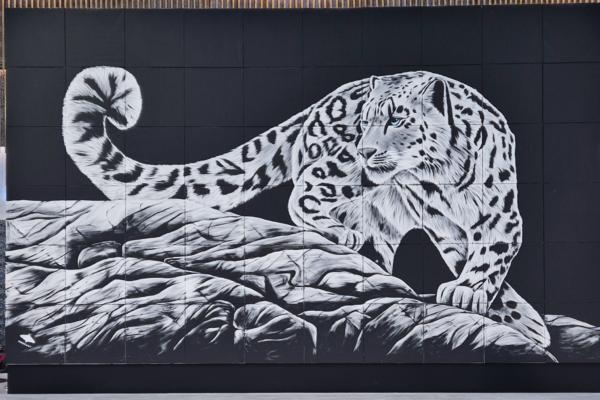The Demilitarized Zone, also known as DMZ, has been widely acknowledged as one of the most well-preserved areas in the world due to the variety of endangered animal and plant species. Gangwon-do Province and PyeongChang County, therefore, organized the PyeongChang Peace Forum 2020, which took place from 9-11 February 2020 at PyeongChang Alpensia Convention Center in Gangwon Province, to attract people’s attention of utilizing DMZ as a path towards peace with various types of agendas including ecology.
Under the theme “Action Plan: End the Korean War”, the forum aimed to explore practical measures to turn the current tense relations into permanent peace on the Korean Peninsula. The forum focused primarily on four main clusters: “Sports and Peace”, “Economy and Peace”, “Ecology and Peace” and “UN SDGs and Peace”. Each cluster included diverse dialogues that brought together Korean and international speakers to discuss the way to move toward peace in these respective fields. Besides these four clusters, there were many side events such as photo zones and exhibition zones, showing how people have been long for peace between RO Korea and DPR Korea for a long time.
Especially within the “Ecology and Peace” cluster, hosted by Hans Seidel Foundation and the UniKorea Foundation, four experts discussed the ways to engage Korea Peninsula into cooperation for nature conservation. With the start of a welcome remark by Mr. Jeon Byung-gil from the UniKorea Foundation, Mr. Doug Watkins, Chief Executive of EAAFP Secretariat, gave the first presentation about the necessity of international cooperation to conserve migratory waterbirds in the East Asian – Australasian Flyway. He also introduced some valuable examples of ongoing cooperation conservation projects in DPR Korea with different collaborators, such as Hanns Seidel Foundation and the Pukorokoro Miranda Naturalists’ Trust based in New Zealand.
Dr. Donguk Han, Director of ECO Korea then focused on the importance of protecting migratory waterbirds on the east coast with the collaboration of DPR Korea. To achieve effective protection on migratory waterbirds in the Korean Peninsula, he presented several detailed action plans that both Koreas can consider, including conducting a joint investigation on Black-tailed Gull in Baengnyeongdo Island, located near the Northern Limit Line, and building infrastructure together with DPR Korea.
Dr. Bernhard Seliger from the Hanns Seidel Foundation Korea then gave a presentation about the biodiversity, and especially birds, in North and South Gangwon province. He emphasized that small projects, such as domestic research on Citizen Control Zone and ecotourism, can be good strategies to achieve international cooperation rather than larger-scale projects.
Lastly, Dr. Kisup Lee from the Waterbird Network Korea emphasized the importance of the ecologically connection between RO Korea and DPR Korea by introducing the distribution and movement of cranes.
DPR Korea joined the EAAFP on 11 April 2018, with the nomination of Kumya Wetland Reserve and Mundok Migratory Bird Reserve as their first two East Asian-Australasian Flyway Network Sites. The active engagement of the DPR Korea in holding a Swan Goose Festival at Mundok Migratory Bird Reserve, on 13th October 2019, demonstrated DPR Korea supporting migratory waterbird conservation.
Click on Flickr for more photos of the event.













